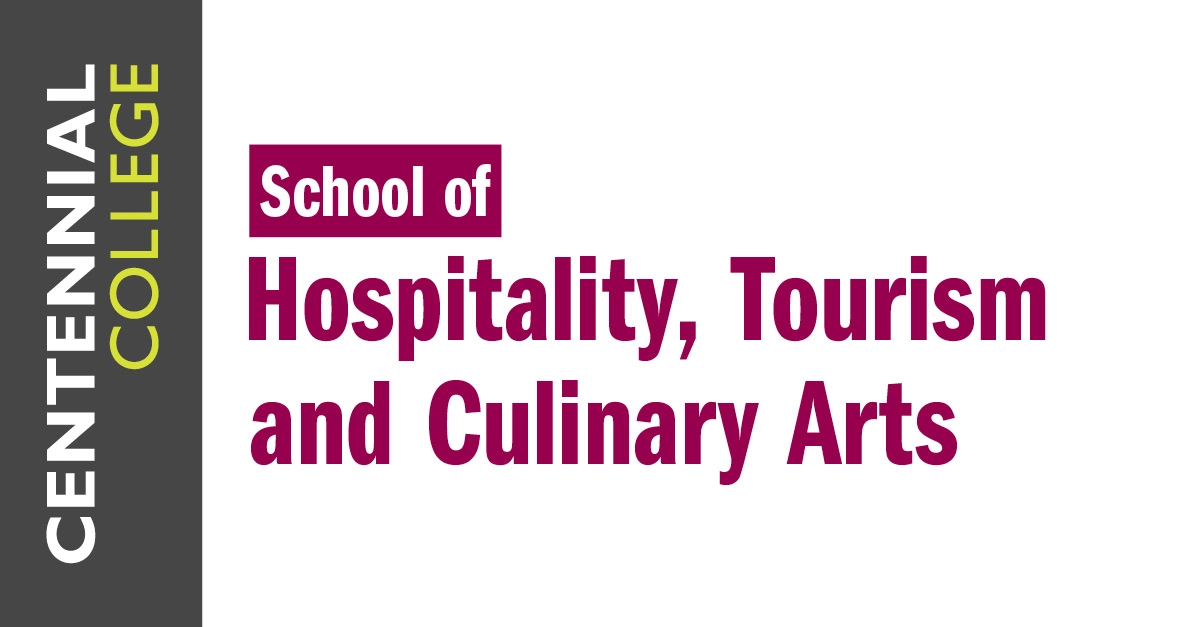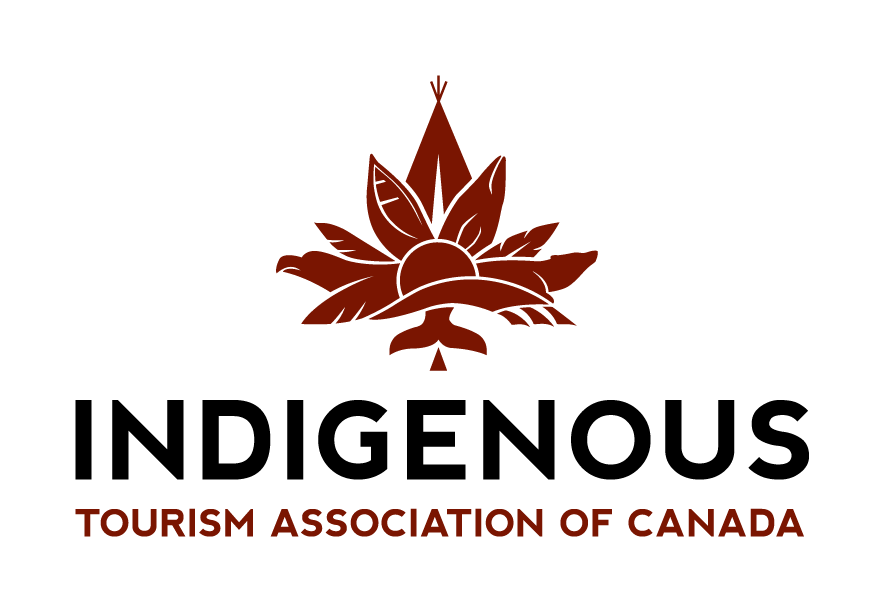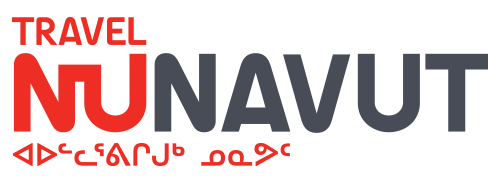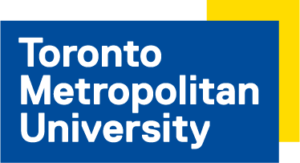Tourism HR Canada works with businesses, educators, government agencies, and other stakeholders to improve HR-related activities within the tourism sector. For over 25 years, Tourism HR Canada has entered into strategic agreements that encourage sectoral and cross-sectoral cooperation, reduce duplication of effort, and address other challenges facing both the labour force and employers in Canada.
Corporate Partnerships

Centennial College
A new Memorandum of Agreement with Centennial College invited hospitality and tourism students to take advantage of tuition-free, industry-sanctioned education programming to equip themselves with nationally recognized Emerit certificates and ensure their academic studies could proceed with limited disruption. Students who completed the online courses were eligible for prior learning assessment recognition towards the School of Hospitality, Tourism and Culinary Arts programs accredited by Tourism HR Canada. This innovative effort provided support in managing and retaining talent, upskilling the workforce, and developing resiliency.

Indigenous Tourism Association of Canada (ITAC)
This agreement will see Tourism HR Canada and the Indigenous Tourism Association of Canada (ITAC) focus on addressing labour and skills shortages in the tourism sector and increasing workforce participation by Indigenous people in the Canadian tourism sector. The tourism sector relies heavily on youth as a source of employees, with over 500,000 Canadian youth working in the sector today. While the Indigenous youth population is growing, the percentage of youth in the rest of the Canadian population is decreasing steadily. With its reliance on young workers, Indigenous youth present tourism sector businesses with a significant opportunity to further attract, train, and retain future business leaders.

Travel Nunavut
Tourism HR Canada entered into a Memorandum of Understanding (MOU) with Travel Nunavut to provide its members and other tourism operators in the territory with access to a variety of Emerit resources, including online learning, downloadable National Occupational Standards, and downloadable Inuktitut resources. The MOU addresses the labour market and skills training needs of the tourism and hospitality sector, which are essential to improving its competitiveness and economic sustainability.
Education Partnerships
Tourism HR Canada helps support tourism education in Canada by providing educators with current labour market information and resources to assist in creating curricula that reflect the needs of the industry.
Tourism HR Canada works with industry to develop national occupational standards, training and certification programs that can inform curricula and complement academic credentials.
Consider partnering with the Tourism HR Canada to:
- ensure your curriculum is industry relevant
- assist in developing standards, certification and training
- link industry and academic credentials
- facilitate a pan-Canadian credit transfer system
- meet with other educators across Canada to network and discuss common issues
Contact us to find out how your educational institution can make a difference in the advancement of tourism services and programs.
Tourism HR Canada currently partners with:

Toronto Metropolitan University
A pilot project is currently underway to develop a learning module that will introduce students in the BComm Hospitality and Tourism Management’s program to Tourism HR Canada’s tools and resources. Students will use emerit National Occupational Standards, and resources from the HR Toolkit and Supervisor training to develop an HR plan and use practical industry resources to prepare for their future management careers.
